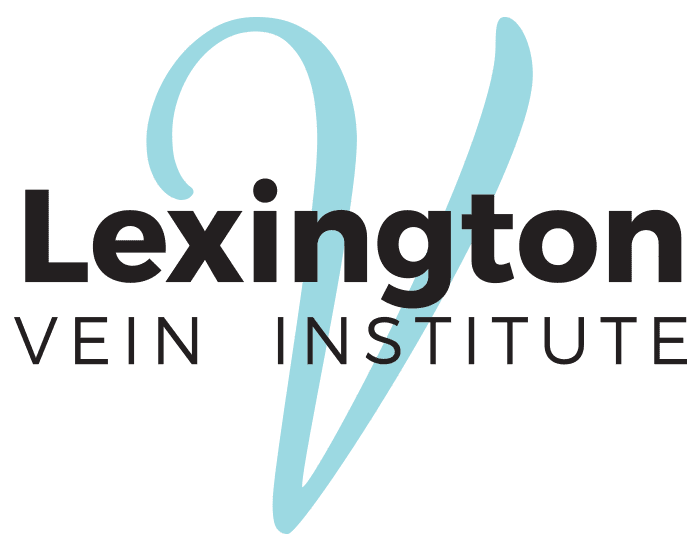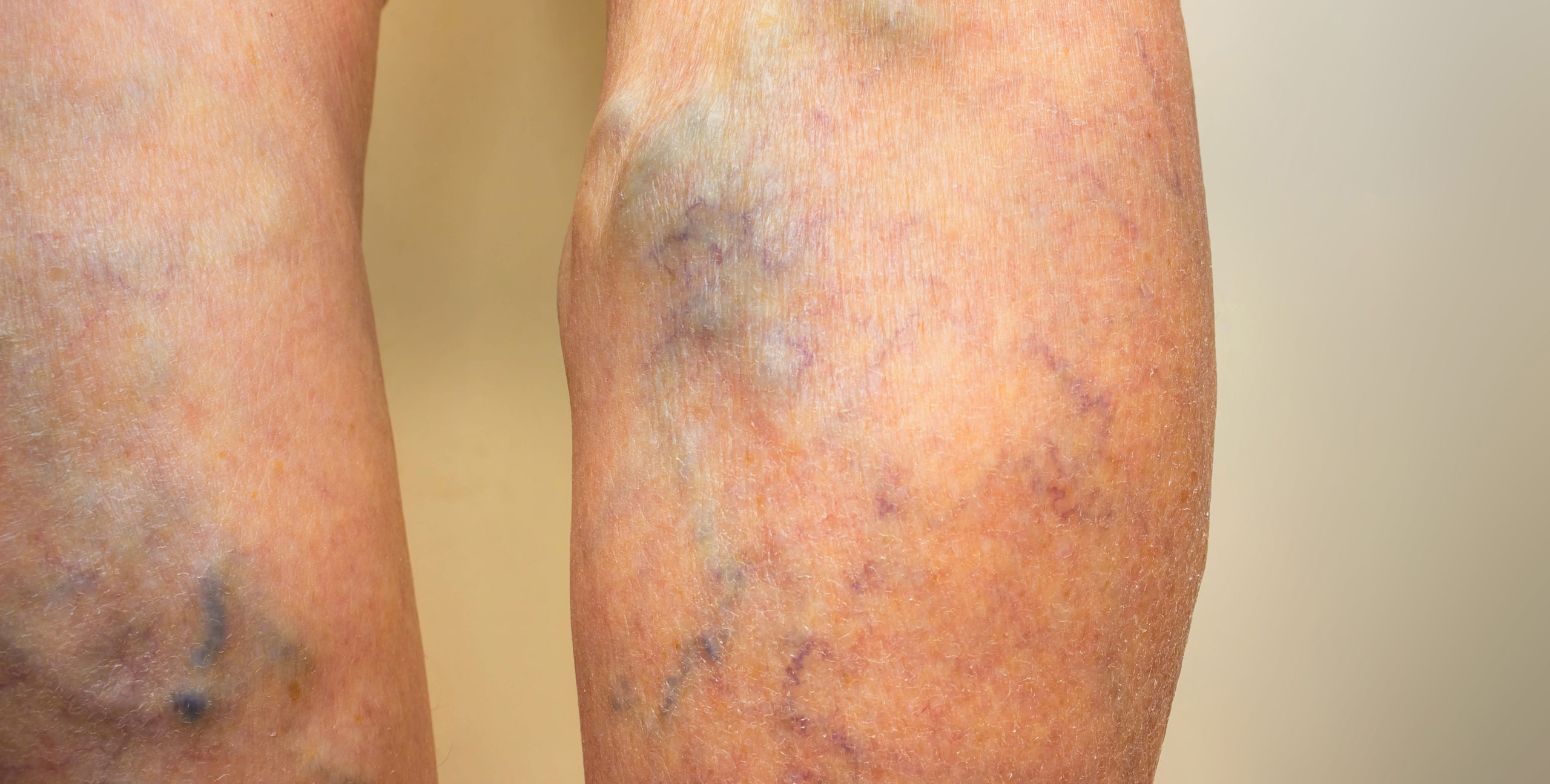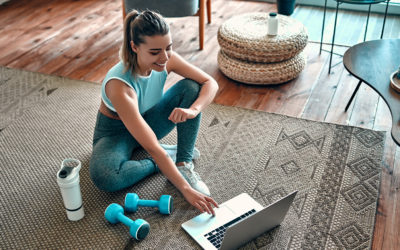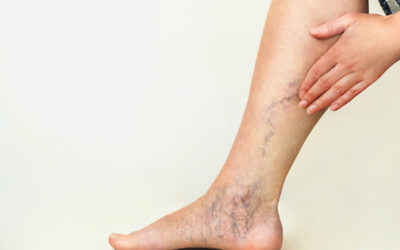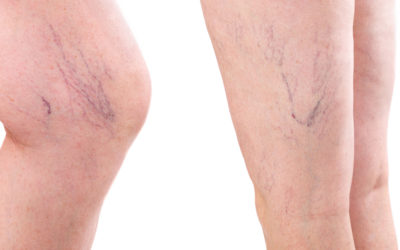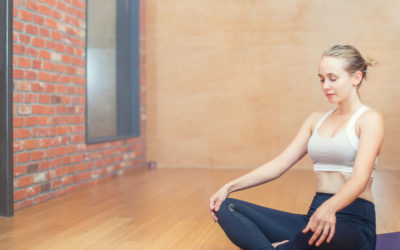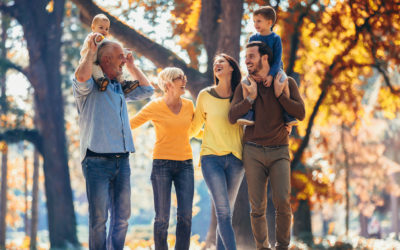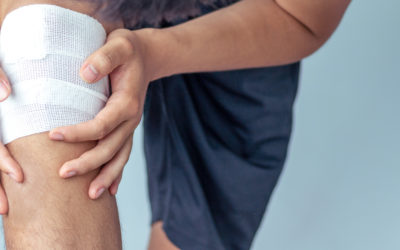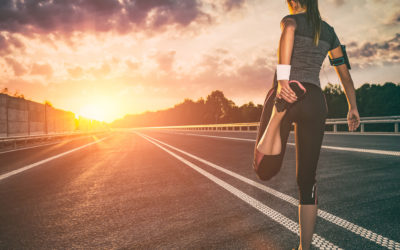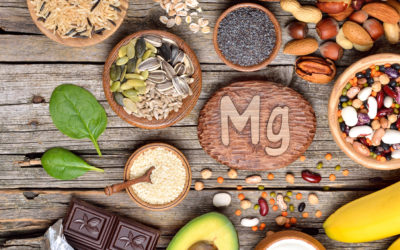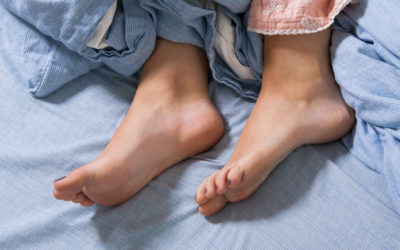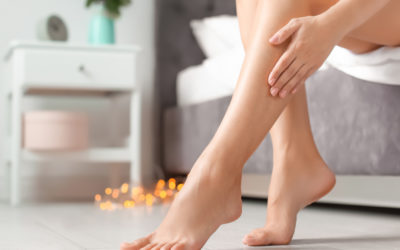Varicose veins are a medical condition that affects both men and women in the United States. Venous insufficiency or reflux occurs when the valves of the veins are weakened, damaged, or absent. Normally, veins which carry blood back to the heart against gravity, contain one-way valves to prevent blood from flowing backward. When the valves weaken, blood collects and pools in the veins causing them to enlarge. Enlarged veins increase pressure in the venous system and lead to varicose veins.
Here Are Some Common Factors That Can Cause Varicose Veins
Family History
Some of the choices that we make in life can lead to varicose veins or worsen them. However, it’s not necessarily your fault, family history is commonly a factor in forming varicose veins. If your close relatives have varicose veins, it might be just a matter of time until you develop them as well, despite doing everything you can to prevent them such as not smoking, eating healthy and exercising on regular basis.
Pregnancy can cause varicose veins
While pregnant, the women’s body goes through several physical and hormonal changes. Typically, most of those changes are temporary and go away after pregnancy. However, those new varicose veins might not. Pregnancy increases the possibility of causing varicose veins because as the baby grows, the uterus puts increased pressure on the veins. Hormonal changes, on the other hand, can also cause the walls of the veins to relax. These factors can combine to cause the one-way valve in one or more veins to stop working properly. As a result, blood that should return to the heart pools and stagnates instead. The result can be the heavy, itchy, uncomfortable feeling of varicose veins.
Your Job
If your job requires you to stand on your feet all day, you may want to consider the possibility of varicose veins forming on your legs. The reason is that the blood in your veins must fight gravity to return to your heart. Therefore, standing on your feet for a long period of time, especially in one place, will make it harder for the blood to flow back up through the body.
Weight Problems
Being overweight puts added pressure on the entire body, including veins. The added pressure on the veins might cause them to enlarge and damage the valves that keep blood flowing toward the heart. Therefore, people with weight problems should consider exercising regularly, otherwise, they may end up having circulation problems and making varicose veins even worse.
The bright side is varicose veins can now be treated with a minimally invasive, in-office procedure. In most cases, patients can return to work the same day. Lexington Vein Institute offers a wide variety of varicose vein treatments such as Sclerotherapy, Phlebectomy, and EVLT. Schedule an appointment today to discuss the different treatment options with Dr. Bacha and start imagining the ways you could love your legs again.
